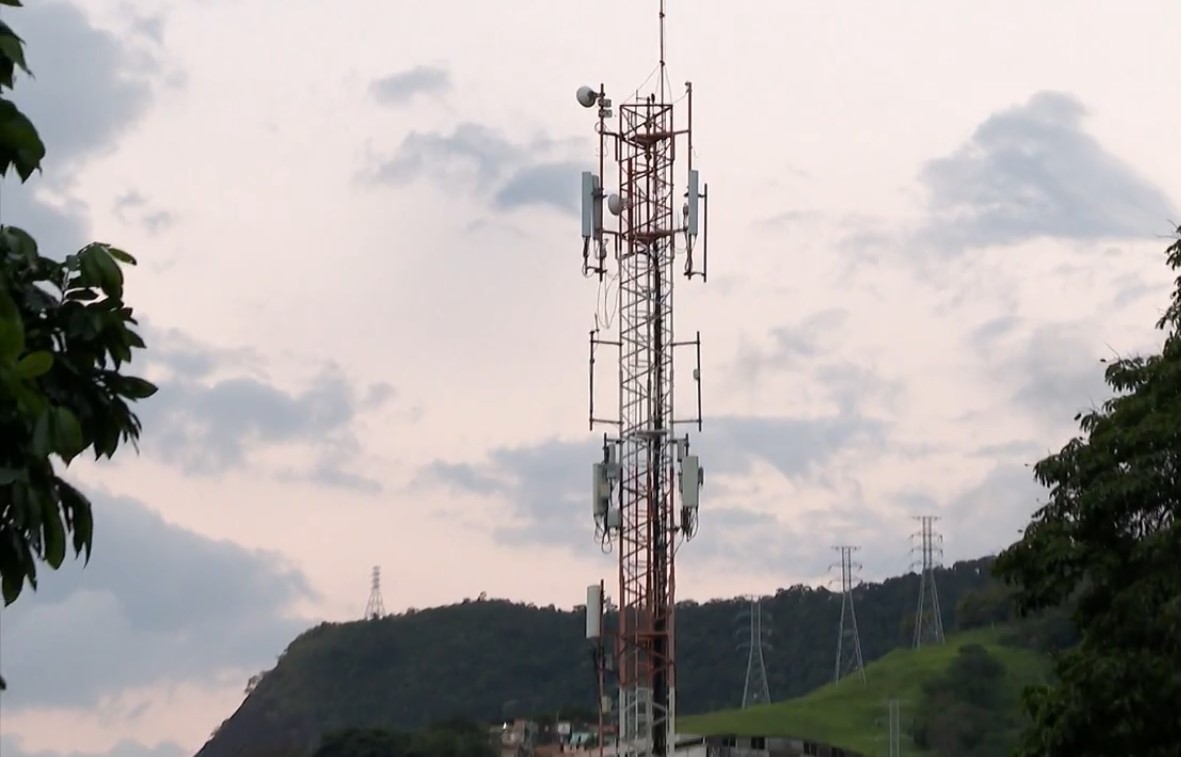RIO DE JANEIRO, BRAZIL – Organized crime has taken control of another aspect of public life in Rio de Janeiro, with up to 26 telecommunications tower masts across the city in the control of criminal organizations.

These masts and antennae are located in various neighborhoods in the municipality of Rio de Janeiro, including Barra de Tijuca, Campo Grande, Madureira, and Vila Isabel. In total, these cases occur in 72 neighborhoods in the capital. Outside the capital the problem occurs in suburban Niterói, São Gonçalo and Itaboraí.
The gangs refuse entry to communications workers and have blocked the access routes to some of these areas with barricades. As no maintenance work can be carried out, the masts then cease to function. The gangs contact communications companies and say they will only allow access if a fee is paid them.
Each non-functioning mast can mean 4,000 people without access to telephone or internet service, and over 150,000 people are affected by this problem. This has created massive issues for people who need to work or study at home because of the Covid-19 pandemic. Communications companies say they cannot do anything as employees cannot enter areas when they receive threats of violence.
In addition to this, gangs pressure residents into contracting an inferior, pirated internet service as another way of earning money. Video footage from security cameras in these places show criminals with their face covered entering the technical rooms.
Over the last number of years, criminal organizations have become increasingly aware of how lucrative controlling the market in essential services can be. This started initially with control of the bottled gas market: gangs would only allow certain sellers into the communities they controlled.
These sold gas above market price, and the difference went to the gangs. The activity has now spread to other essential services, such as TV (the infamous “gatonet”), housing, and even water supply. In certain areas of the suburbs west and north of Rio, these are controlled almost entirely by militias.
With far more people using these basic services than drugs, the potential revenue is far larger than the traditional gang earner of drug trafficking. This type of criminal behavior is strongly associated with militias who have been expanding their control over Rio de Janeiro over the last 20 years. However, it is unclear if these groups are behind the antenna mast situation.
The Public Ministry of Rio de Janeiro has said they have contacted the Civil Police about the situation. The Civil Police have said they currently have investigations underway to arrest those involved. And although they may have success in taking apart these particular operations, no doubt the more general problem of control of services by gangs will not go away in the meantime.
Whether the current administration is strongly connected to militias is disputed by some, but it is beyond doubt reluctant to combat the militia gangs. In this context of relative impunity, controlling these gangs over Rio’s poorer areas is likely not just to continue but to expand.

